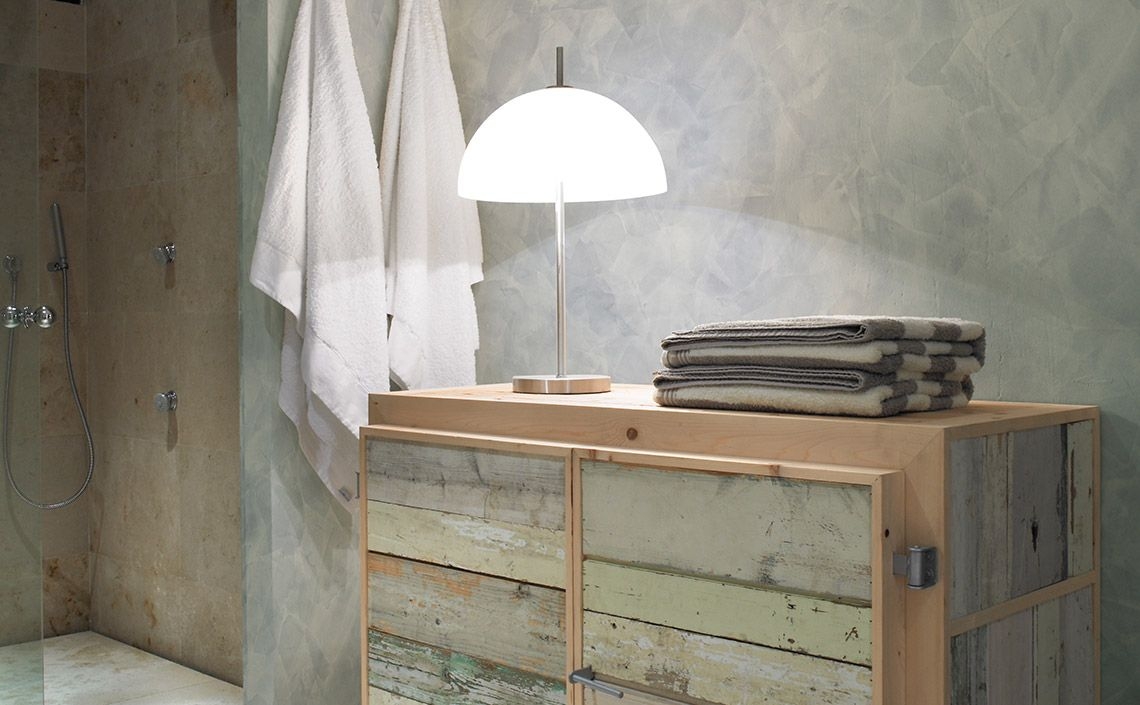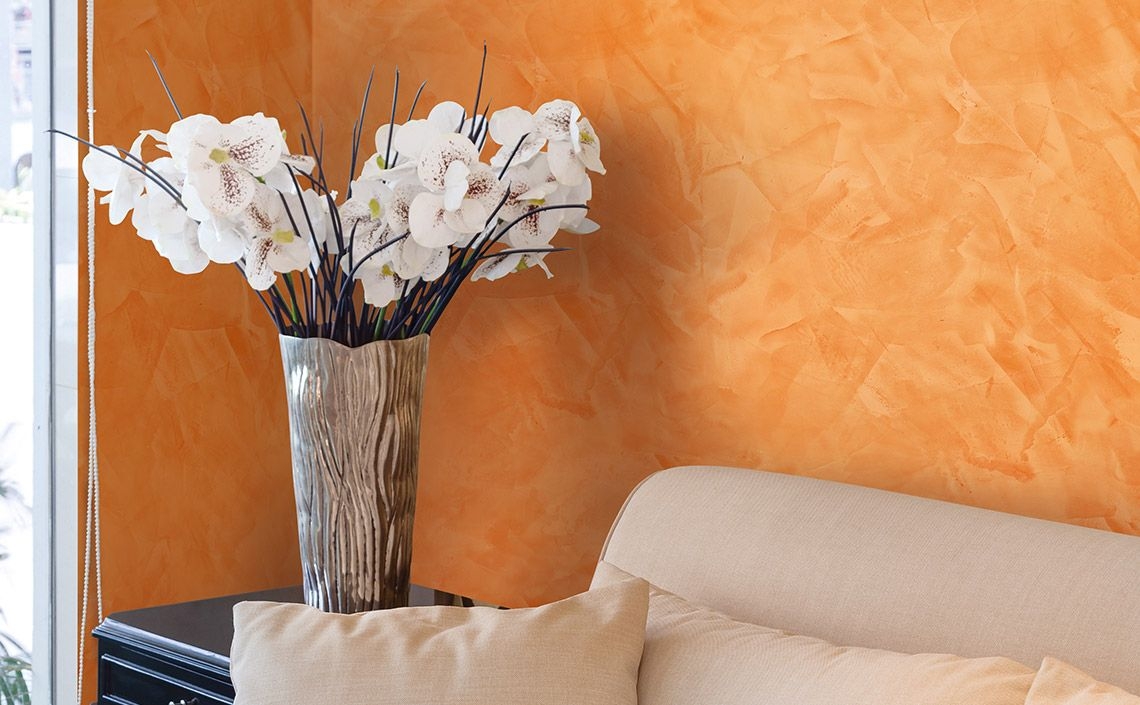The history of the art of stuccowork boasts ancient origins. The ability to mould and shape stucco instead of terracotta and to use it to make relief decorations, or to create smooth or coated surfaces with a mixture of sand, marble dust, straw, other specific local aggregates and slaked lime is common to many past civilisations.

Stucco has been used in architecture for various technical, structural and decorative purposes. However, its primary purpose was decorative and it served to embellish home and church interiors and exteriors, but also to clad surfaces, create alcoves, pilasters, cornices, friezes and other decorations. History is rife with examples of how Stucco has been used to decorate our abodes and important buildings and today we consider it to be a “timeless” finish. At the heart of fine stuccowork, though, we have a skilled artisan and a trained eye and still today man’s hand is a vital factor in the art of this kind of plaster decoration.

Preserving all the precious features and characteristics familiar to our ancestors, VALPAINT ROCOCO’ Stucco Veneziano and Grassello di calce are a repository of what has been passed on from generation to generation through the ages. The decorative superiority of Rococò transpires from the expressive force of surfaces transformed by the vision of the decorator and the end result is always elegant and all but commonplace. The soft harmonious nature of the tones that emerge in their various nuances mean that environments can be created with either a strong classic feel or a more edgy minimalist aesthetic. With its gorgeous textures and seductive decorative flourishes, Rococò bridges the gap between a glorious past and a contemporary present.